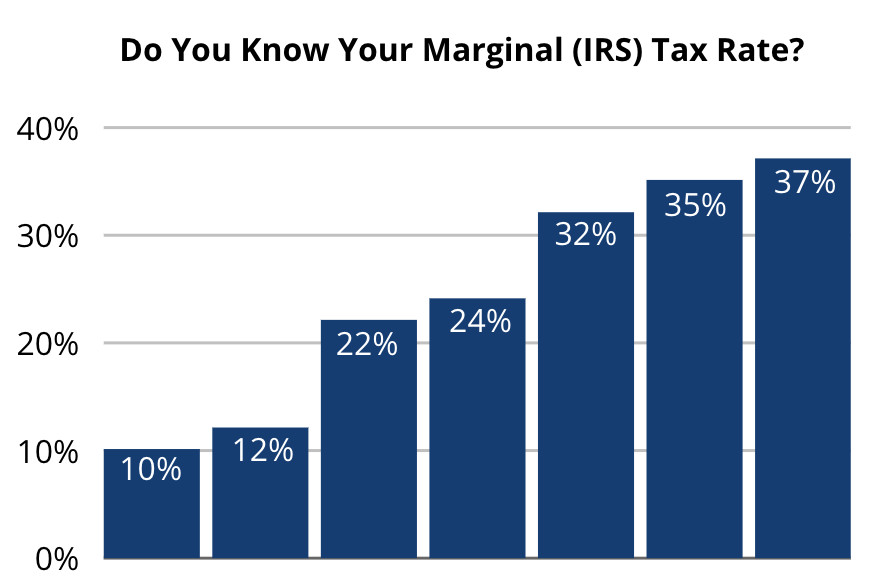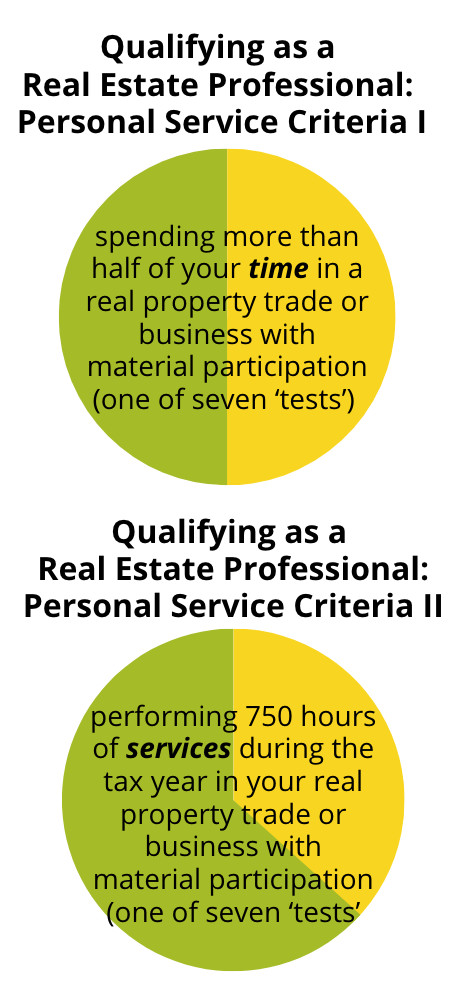Being licensed as both a CPA and a REALTOR® by the State of Florida, I see the opportunity to provide guidance in the area of convergence of these two professional practices: how can you, as a (rental) property owner, take advantage of and comply with certain lesser-known sections of the IRS Tax Code?
If you own or are considering investing in rental properties (RPs), this ‘Anchor’s the Way’ newsletter is for you. RPs are a good way to earn a return-on-investment (ROI), or simply to generate some extra income to defray property operating costs and/or debt service. The tax consequences of owning RPs in your portfolio are numerous and complex. Here are a few of them for your consideration.
 I. Passive Losses from Rental Properties (RP)
I. Passive Losses from Rental Properties (RP)
Generally, RPs are considered a ‘passive activity’ for tax purposes; this means that the IRS limits your ability to take advantage of rental losses unless you have other passive income. Yet, an investor’s vacation property may potentially not be treated as an Rental Property per se, but rather be viewed by the IRS as a business. Then, the passive loss rules do not apply; this means that any losses incurred would be fully deductible as business losses. With this benefit comes another one: the ability to ‘carryforward’ to future years unused losses in the current tax year. Several rental activities are, luckily for investors, excluded from the passive activity rules. For instance, a motel is considered a business, not a Rental Property. Deducting losses from your RPs can turn into one of the hottest audit issues for the IRS. Your chances of success in such an audit will depend on whether you have actively participated in the RP’s operation and management. To be more precise, the IRS specifies that no loss is deductible unless the taxpayer actively participates in the RP’s operation; or if there is a sale of the RP; or if the taxpayer qualifies as a Real Estate Professional (REP).
 II. Real Estate Professionals (REP)
II. Real Estate Professionals (REP)
Would you like to be considered a Real Estate Professional (REP) for IRS purposes in order that any losses incurred are fully deductible?If you qualify as a REP, your losses are deductible without limitation. Qualifying as a REP is stringent: you must meet two Personal Service Criteria. First, you must spend more than half of your personal services time in a real property business in which you materially participate. Second, you must perform more than 750 hours of services each year to your real estate business in which you materially participate. This sounds easier than it actually is for most investors. Each Rental Property is considered a separate activity for IRS purposes, unless the taxpayer chooses to treat all interests in their RPs as one activity. ‘Material Participation’, as referenced above, is defined by the IRS as meeting at least one of ‘seven participation criteria’. Taxpayers are also required to maintain contemporaneous records of personal services performed to support tax returns as filed. Based upon the strict time requirements, you can see that hiring a vacation rental management company for your Rental Properties makes it difficult to qualify as a Real Estate Professional.
III. Section 199A & Rental Real Estate
IRS Section 199A was enacted as part of the massive tax law change in December 2017. It was an attempt to level the playing field between small business taxpayers and ‘C Corporations’. Real Estate Professionals can meet the ‘safe harbor’ requirements for Rental Properties, and qualify for Section 199A treatment, if they meet three specific IRS criteria, each of which have several components. Without Section 199A, REPs could pay up to 37% of their (business) net income in taxes as opposed to a maximum of 29.6% under the 2017 law. There is no safe harbor (1) if you use any part of your RP personally during the tax year, (2) if you offer your tenants triple-net leases, (3) or if you lease your properties to any pass-through entity commonly controlled by you.
V. Vacation Rentals (VRs)
VRs are classified into three categories to determine their tax consequences.
- The “Classic VR / Schedule E”: property is rented for more than 14 days, and your personal use exceeds the greater of 14 days or 10% of actual rental days,
- The “Not a VR, but a ‘Business’”: property is rented for more than 14 days, and your personal use does not exceed the greater of 14 days or 10% of actual rental days,
- The “Masters Exception”: property is rented for less than 15 days, and your personal use exceeds 14 days; Category III rental income is not reported, and expenses are not taken, but for interest and taxes remain deductible on Schedule A to the extent allowed.
V. Converting a Personal Residence into an RP
There are quirky tax provisions for converting a personal residence to a Rental Property, and further complications when computing the residential gain exclusion after selling an RP that was once used as a personal residence. Be sure to rely on your CPA and/or tax attorney. When you convert a personal residence to an Rental Property, you have to calculate your “Adjusted Basis” in order to calculate your depreciation deduction. The Adjusted Basis depends upon the Fair Market Value of your property when compared to the Adjusted Basis, which is the cost of the property plus any improvements. The basis for your depreciation deduction is the lesser of the Adjusted Basis on the conversion date to a rental, or the Fair Market Value of the property at the time of conversion. A Realtor® can help you determine the property’s FMV; a better choice would be a Florida licensed appraiser. Usually, when a personal residence converted to an RP is sold within three years of conversion, gain exclusion is usually available (excluding any depreciation taken previously).
IV. County Tangible Personal Property (TPP) Tax Returns
Florida counties require that if you use any tangible property (such as furniture) for commercial purposes that is not included in the assessed value of your business (rental) real property, you must file an annual Tangible Personal Property Tax Return. The value of furniture, tools, supplies, machines, and/or leasehold improvements is taxable. Filing on time, before April 1 each year qualifies you for a $25,000 exemption. TPP Tax Returns are organized by asset category, and you must report ‘Original Installed Cost’, and your estimate of ‘Fair Market Value’ for each item each year. Later, your county Property Appraiser will bill you for any taxes owed.
Your Future as a Florida Real Estate Investor
Is Mexico Beach a good place to live, play, and invest? I definitely think so! The world has discovered Mexico Beach with Hurricane Michael, and many temptations of large developments have arisen, but the city is working hard to maintain its original small-town charm. No high-rises here! We do have a selection of properties that are or can be used as vacation rentals. Your VR will be near our incredible beach, world-class fishing, and be part of the overall serenity of our older-style Gulf Coast community. For more information about VR properties, contact Mexico Beach resident, Realtor® and CPA, Michael J. Perullo for additional insights into the special nature of our incredible Gulf lifestyle community.

